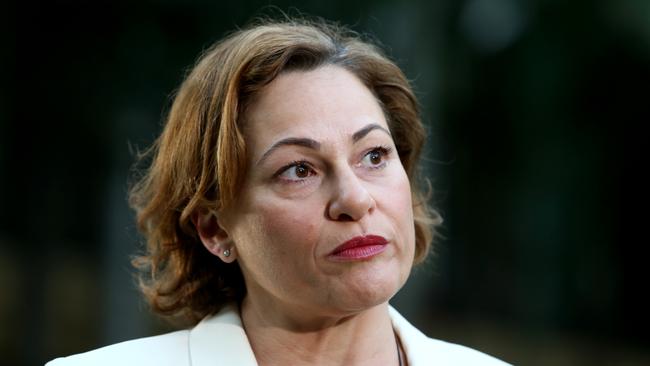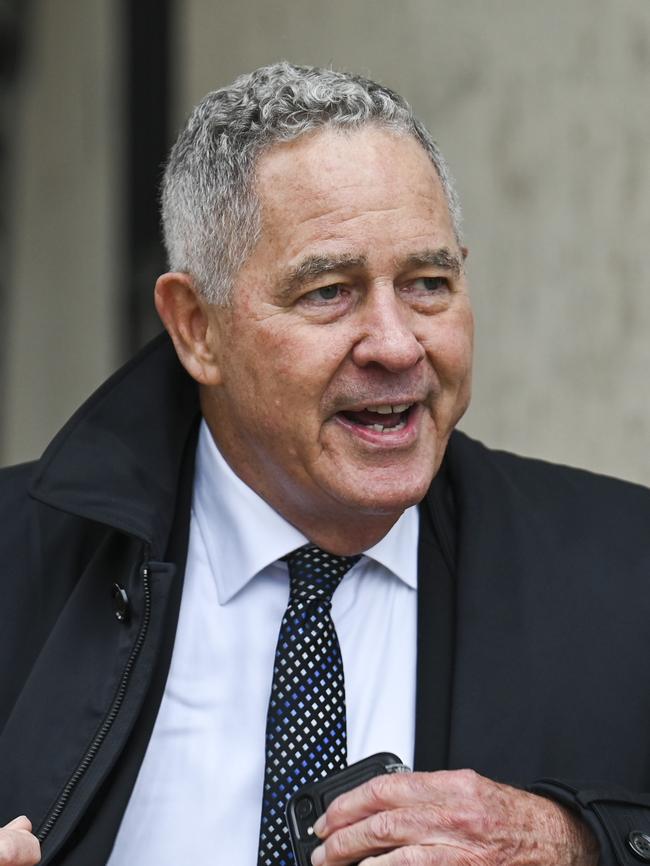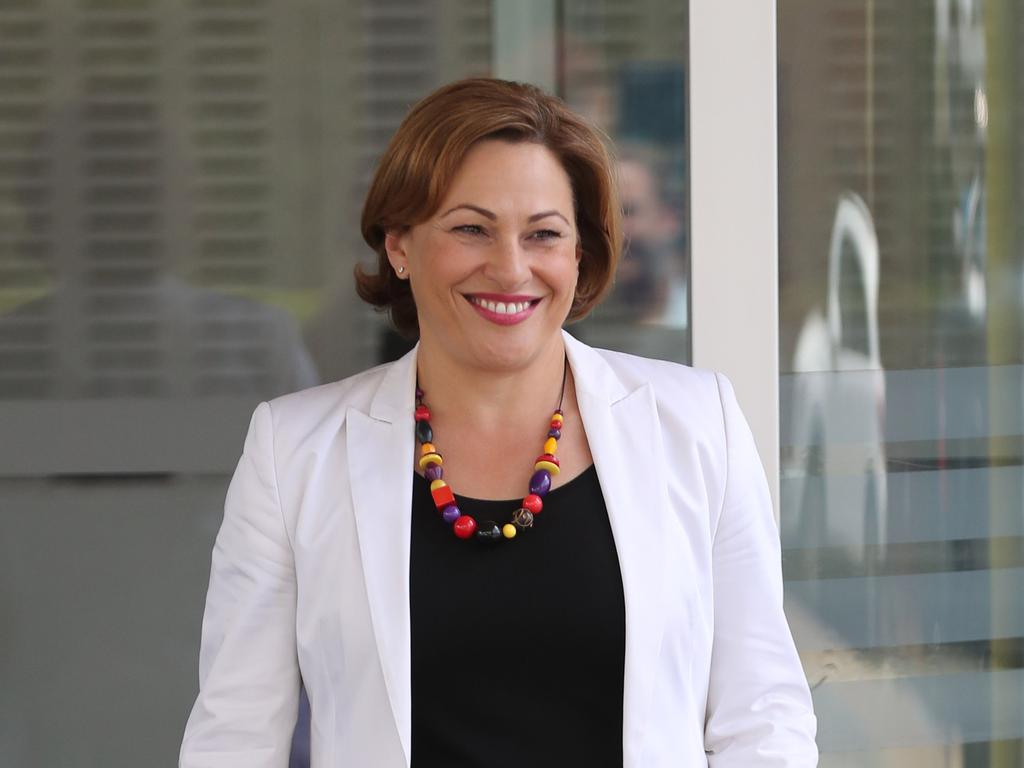Transparency blow as Queensland Crime and Corruption Commission loses appeal on publishing findings
Queensland’s corruption watchdog could be muzzled from publicly reporting on most of its investigations into politicians and public servants unless the state’s laws are overhauled after a High Court decision.

Queensland’s corruption watchdog could be muzzled from publicly reporting on most of its investigations into politicians and public servants unless the state’s laws are overhauled after a landmark High Court decision.
Former Queensland public trustee Peter Carne on Wednesday won a protracted legal battle to suppress a draft Crime and Corruption Commission report which detailed alleged wrongdoing during his time in the public service.
The Carne decision is a precedent-setter for Queensland, and is likely to be used by former deputy premier Jackie Trad to suppress a separate CCC report that investigated whether she improperly intervened in the appointment of a top public servant.
CCC chair Bruce Barbour wrote to Attorney-General Yvette D’Ath on Wednesday seeking urgent legislative amendments, warning the “inability to report on matters uncovered in such investigations reduces transparency and is clearly not in the public interest”.
“The CCC and its predecessor agencies have historically reported on significant matters relating to their investigations,” Mr Barbour said.
“Reporting has occurred when there has been a strong public interest in doing so and when there are issues uncovered in investigations that the public, public sector agencies and elected officials should be made aware of to raise integrity standards and to reduce corruption risks in Queensland … The High Court found that the CCC has no such power (to report)”.
The LNP wants any legislative changes to be retrospective to ensure the High Court decision does not enable Ms Trad to block the release of her own report.
The High Court ruling would have prevented the CCC from making public recommendations in cases such as the “mangocube” private email affair embroiling Transport Minister Mark Bailey, and previous investigations into Ms Trad’s investment property and involvement in the appointment of a high school principal.
Health Minister Shannon Fentiman – who as Attorney-General approved a decision to pay for her close friend and factional ally Ms Trad’s legal action – said the government would seek advice.
“It will take some time to work out what this means for our legislation,” she said.
Opposition justice spokesman Tim Nicholls said the decision was a blow for transparency that could “keep Queenslanders in the dark on corruption and misconduct”.
“Lessons will not be learned by the wider public sector, they will not be learned by the government and most importantly, Queenslanders will not find out what is going on behind closed doors,” Mr Nicholls said.
“That’s why we are calling on the government to take steps to amend the legislation to ensure that the reports into their Labor mates Peter Carne, and former deputy premier Jackie Trad … can in fact be made public with the protection of parliamentary privilege.”

Mr Carne, a Labor identity and former law partner of late premier Wayne Goss, resigned as public trustee in July 2020.
He had been issued a show-cause notice by Ms D’Ath asking why he should not be sacked for serious allegations, including being intoxicated at work, absent without leave, conflicts of interest and bullying of staff.
His resignation halted the disciplinary action.
The CCC did not pursue any criminal charges against Mr Carne, but compiled a report into alleged misconduct and sent it to the Parliamentary Crime and Corruption Commission Committee (PCCC).
If the document had been tabled in parliament, it would have been protected by parliamentary privilege and therefore immune to legal challenge, including for defamation.
Mr Carne launched legal action to suppress the report, arguing its airing would breach his human rights, and claiming he had been denied procedural fairness.
The battle ended up in the High Court, which on Wednesday ruled the CCC report was not protected by parliamentary privilege, so shouldn’t be published.
In their section of the judgement, High Court judges Michelle Gordon and James Edelman said parliamentary privilege did not apply because the PCCC had not ordered the Carne report from the watchdog.
“The PCCC could not be a post box which insulated all documents received from the Commission with parliamentary privilege,” the judges wrote.
“It needed to at least elect to exercise a power or a statutory function in relation to the October Draft (Carne report).”





